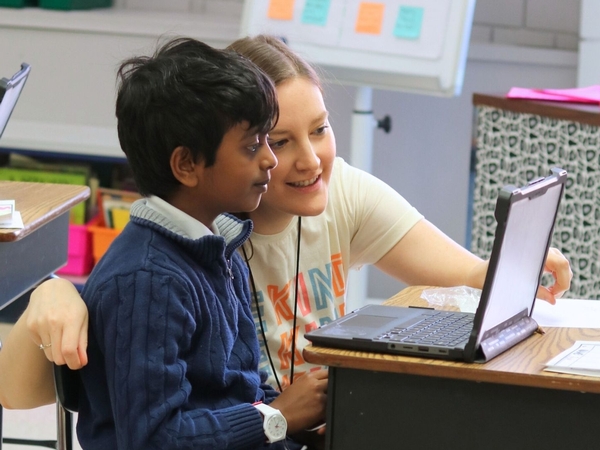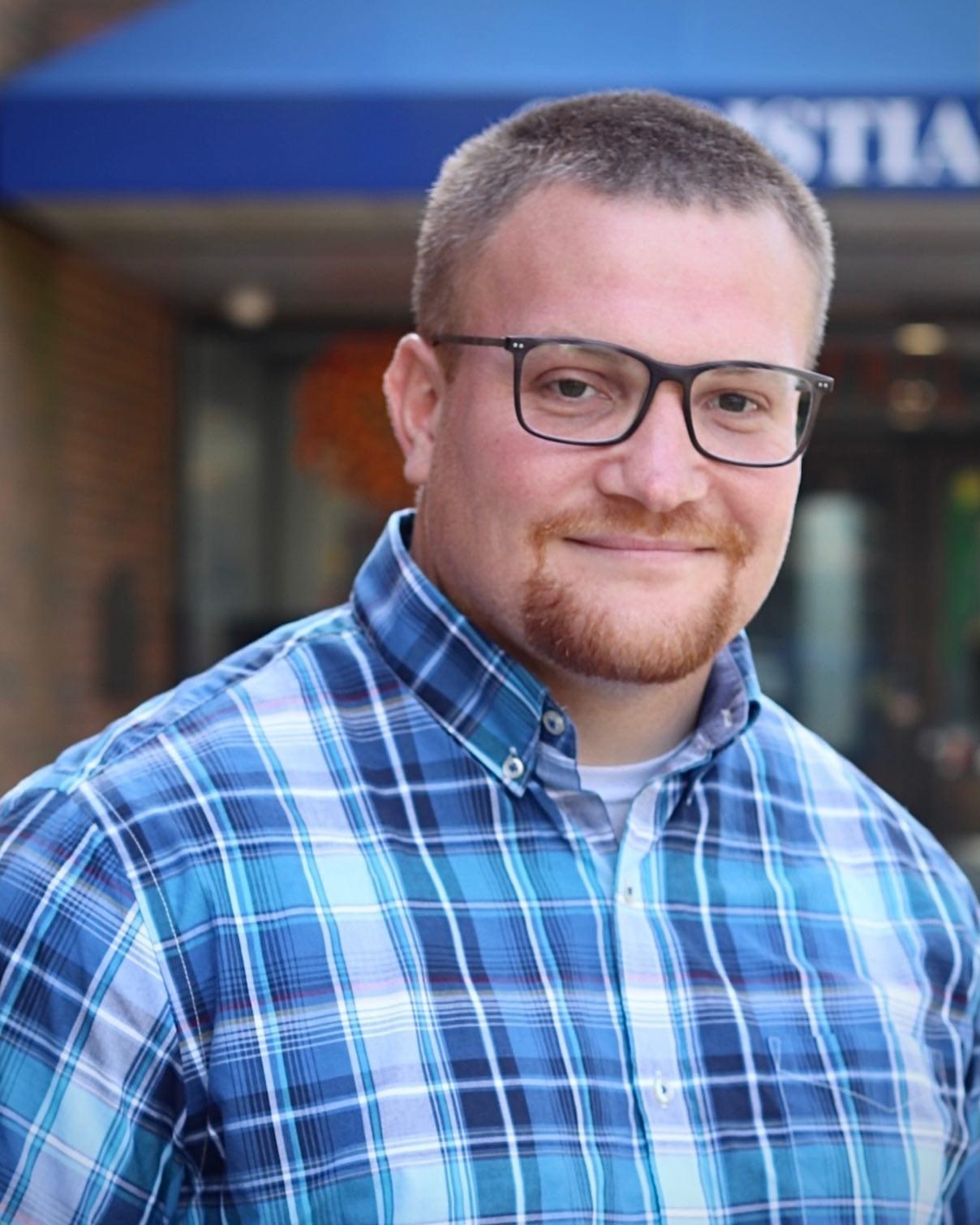AI Technology

Like any new technology, artificial intelligence has brought new opportunities and ethical questions into our lives. Is it okay to click the automated email reply that says essentially what you would have said? Is it fine to let an algorithm clean up your grammar and syntax? How about letting your new car drive for you? None of these questions are going away, so we need to acknowledge their ubiquity and learn how to respond well to them.
Schools everywhere are scrambling to respond to AI programs like ChatGPT, especially when it comes to academic accountability. Programs like these respond to prompts by gathering information from all over the internet and synthesizing it in a unique way that replicates human writing. At this point, the writing may be a little stiff—and some of it may be erroneous or irrelevant—but much of it is accurate and decently written.
This makes plagiarism of various kinds easier for students, and much harder for teachers to detect (since each AI response is essentially a unique language event). When I reached out to my fellow AP Lang teachers on Facebook to share their strategies for managing this new challenge, I received about fifty thoughtful and varied responses! Clearly, there is no standard protocol for teachers right now, although there are many good practices.
At CHS, we as educators are committed to learning more about AI, and, as always, we will set clear expectations with our students. It is not enough for us to say, “Don’t ever use AI!” Instead, we must teach students how and when to use these technologies. For example, ChatGPT might be a perfect resource for a student searching for a new book or research topic, but it should not be used as a writing aid for an essay draft.
.jpg)
Since AI detection is much more challenging than traditional plagiarism, we will also be teaching students to authenticate their own writing (via citations, Google Doc drafts, accountability systems like Turnitin.com, etc.). Originality and academic accountability have always been important in the writing process, but now they will be even more central.
As technologies like AI continue to evolve, we teachers at CHS are adapting to the challenges and opportunities they present. ChatGPT and other models of AI were just released for public use last school year, and we experienced some of our first student incidents with them in the final few months of school. So far this school year, we have had a full PD training session about AI, all upper school teachers have created ChatGPT accounts, and some teachers are already finding appropriate ways to incorporate AI into lessons and assignments. There is certainly more to learn, but we are well on our way.
Helpful Link for Parents: https://www.technologyreview.com/2023/09/05/1079009/you-need-to-talk-to-your-kid-about-ai-here-are-6-things-you-should-say/
 Benjamin J. Chase is the English department chair at Christian Heritage School, where he has been teaching since 2010. He is a Connecticut native with an MFA in Poetry from West Conn. His poems have appeared in many literary journals over the years, and his first book of poetry, Here to See It, was published by Kelsay Books in May 2022. He lives with his wife Cristina and son Levi in Monroe, where they attend Stepney Baptist Church.
Benjamin J. Chase is the English department chair at Christian Heritage School, where he has been teaching since 2010. He is a Connecticut native with an MFA in Poetry from West Conn. His poems have appeared in many literary journals over the years, and his first book of poetry, Here to See It, was published by Kelsay Books in May 2022. He lives with his wife Cristina and son Levi in Monroe, where they attend Stepney Baptist Church.

